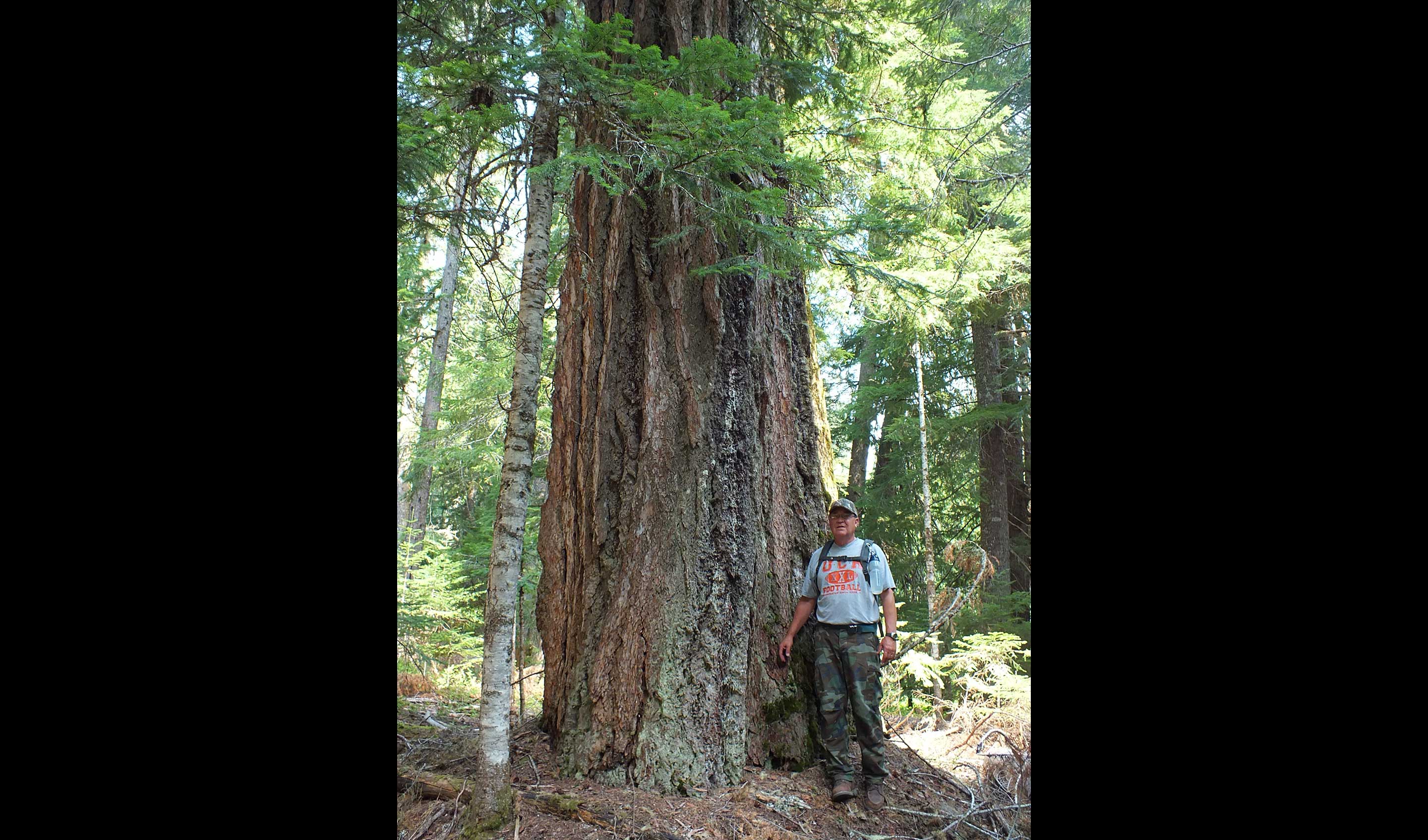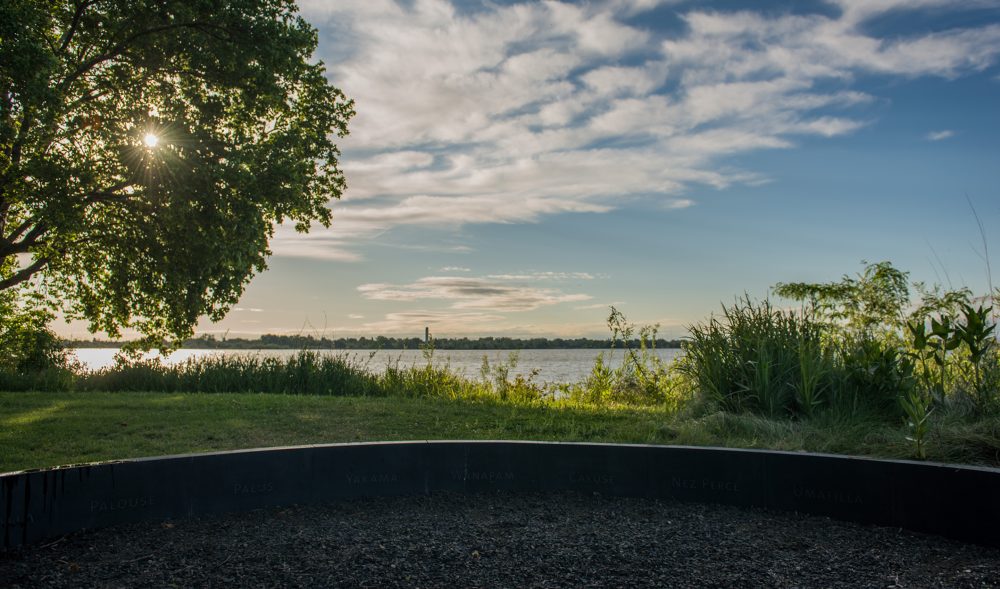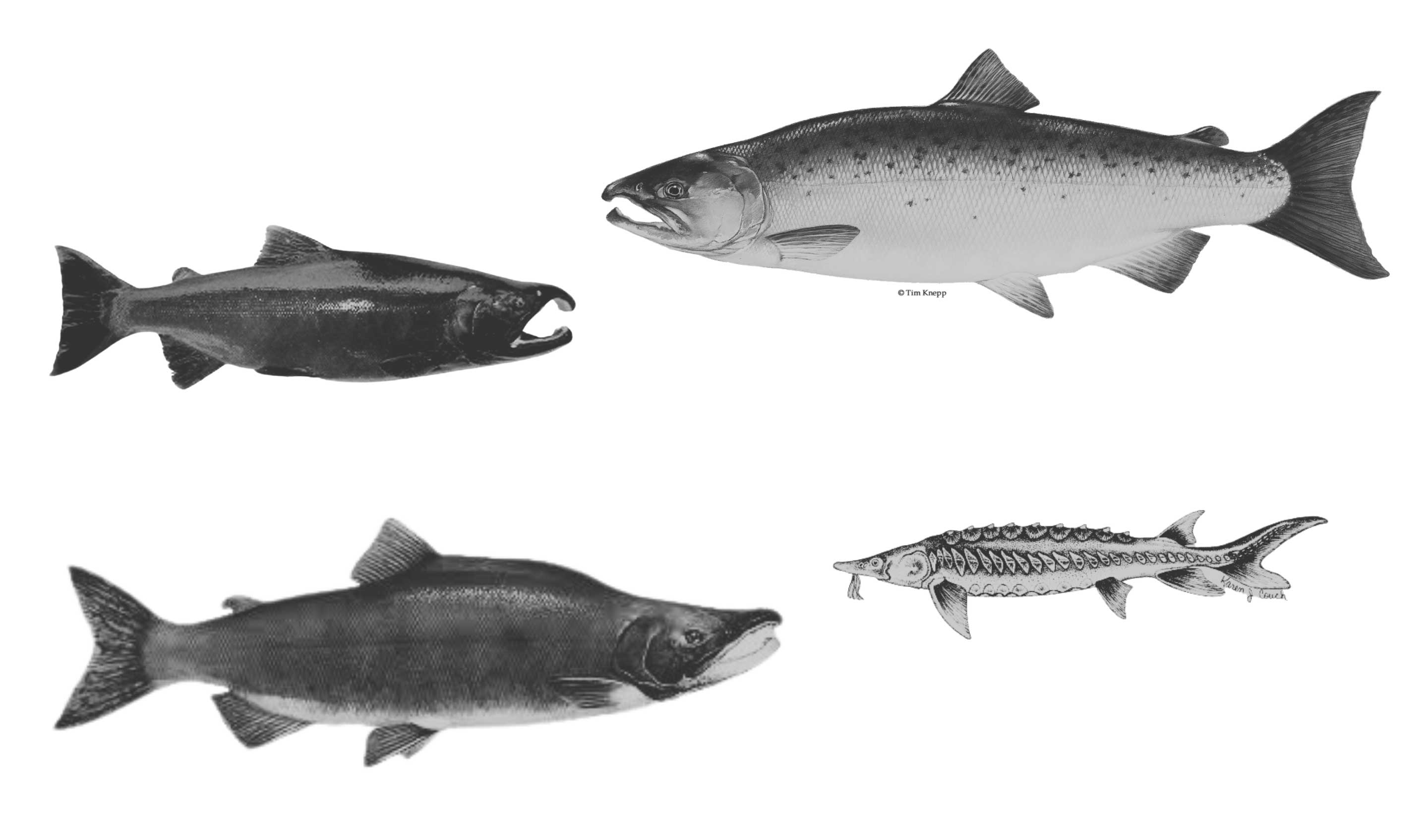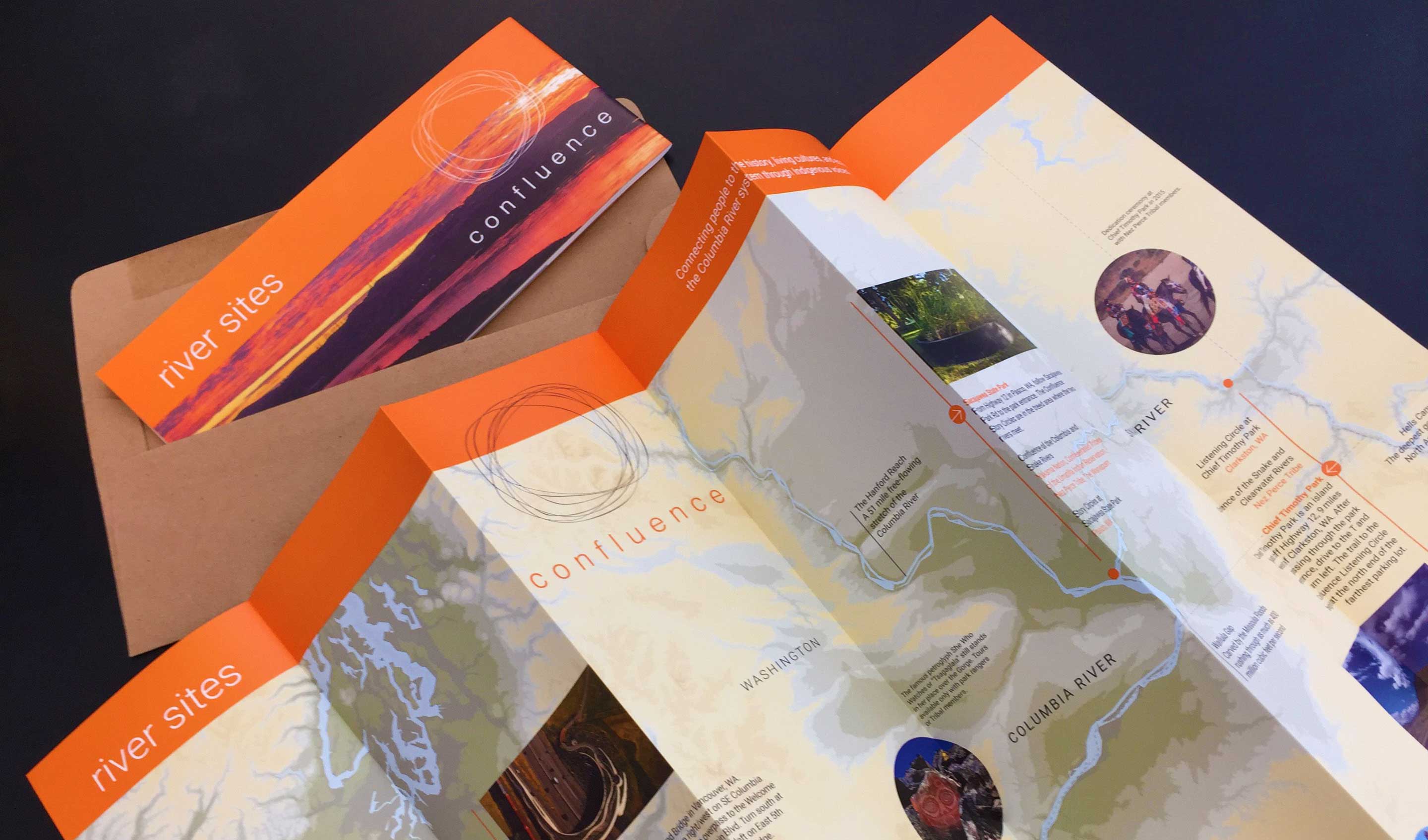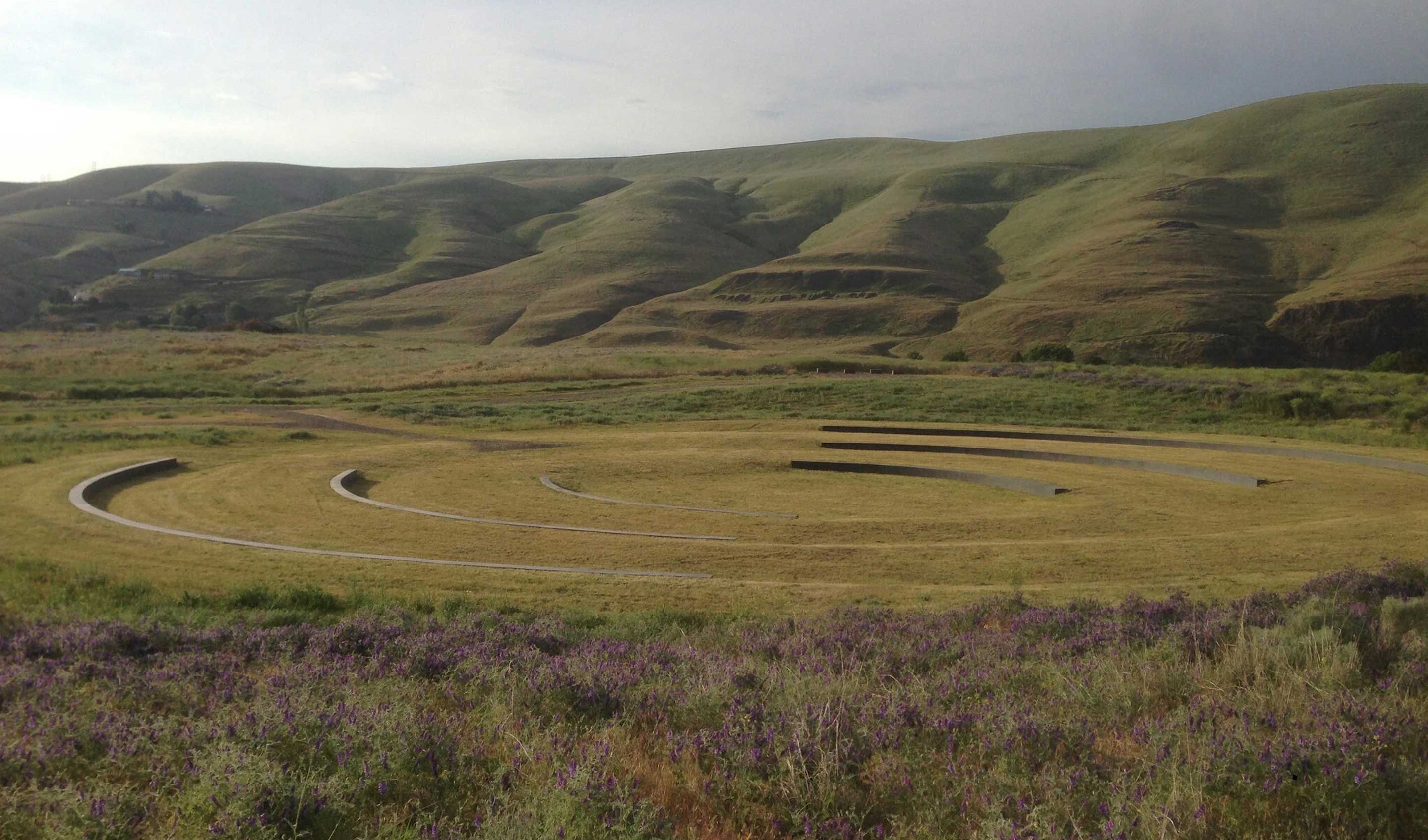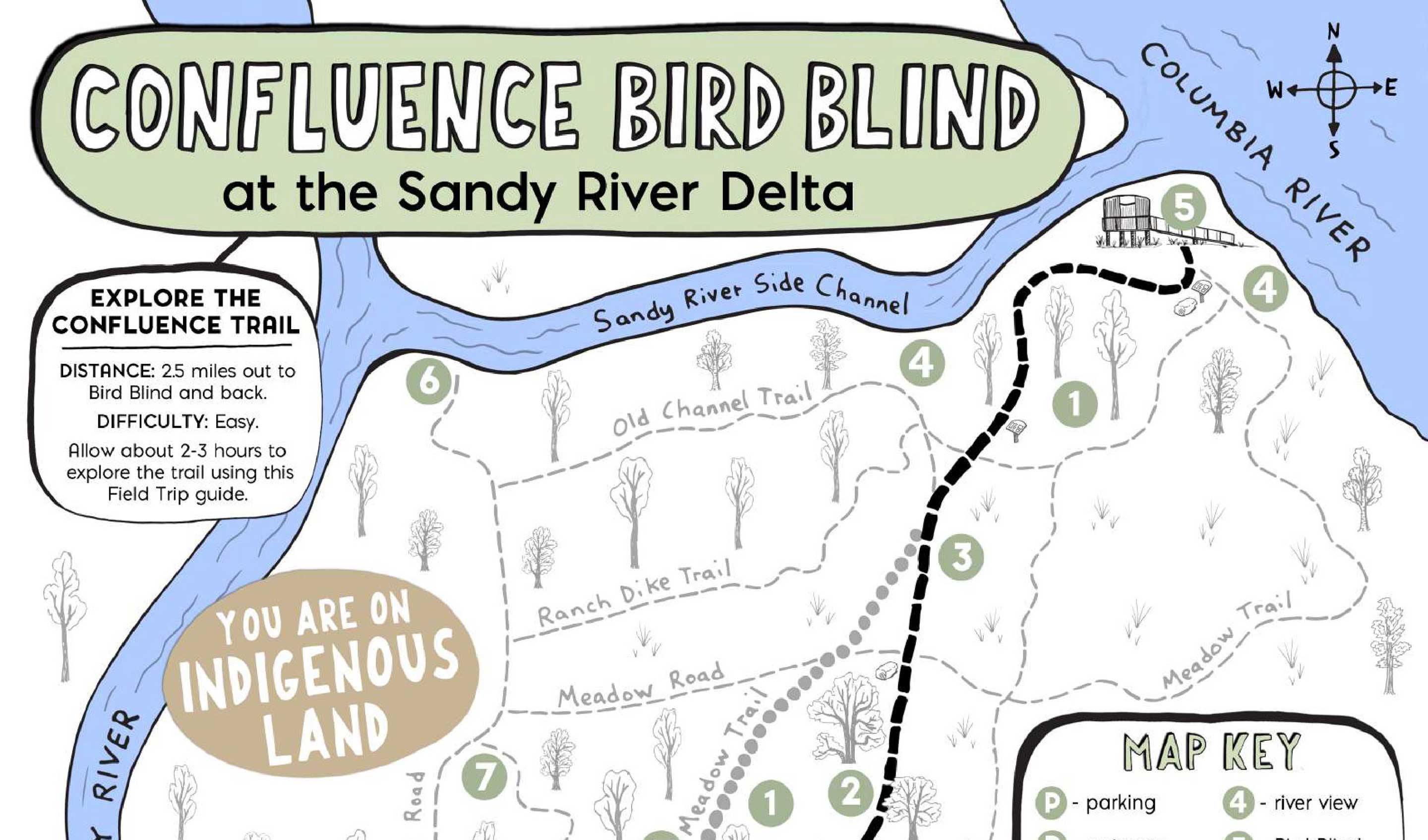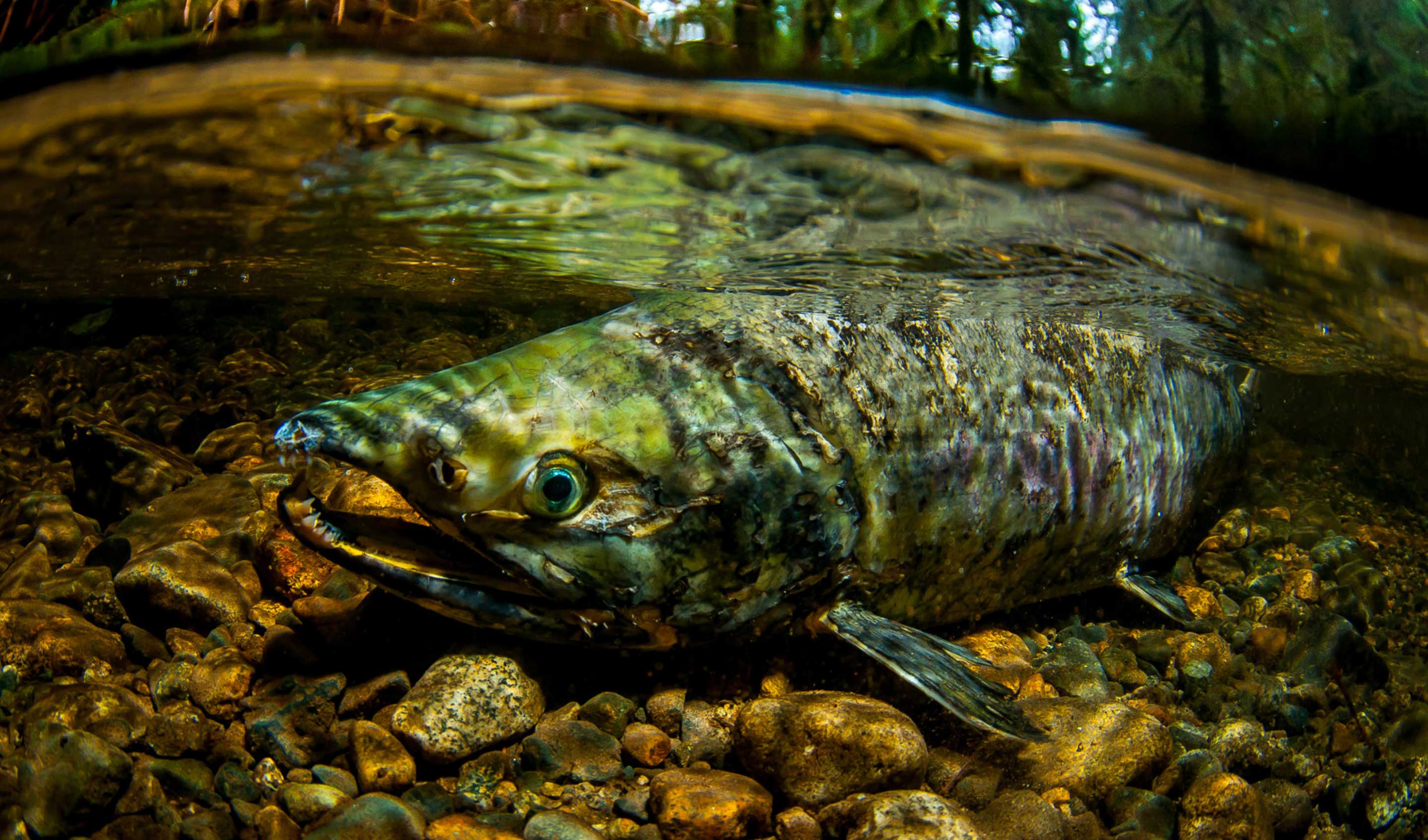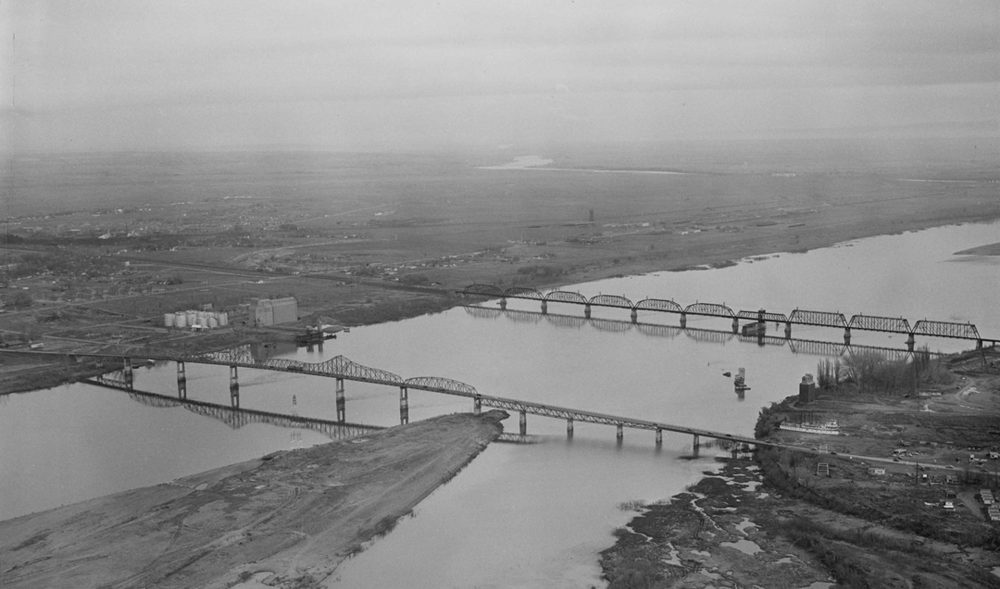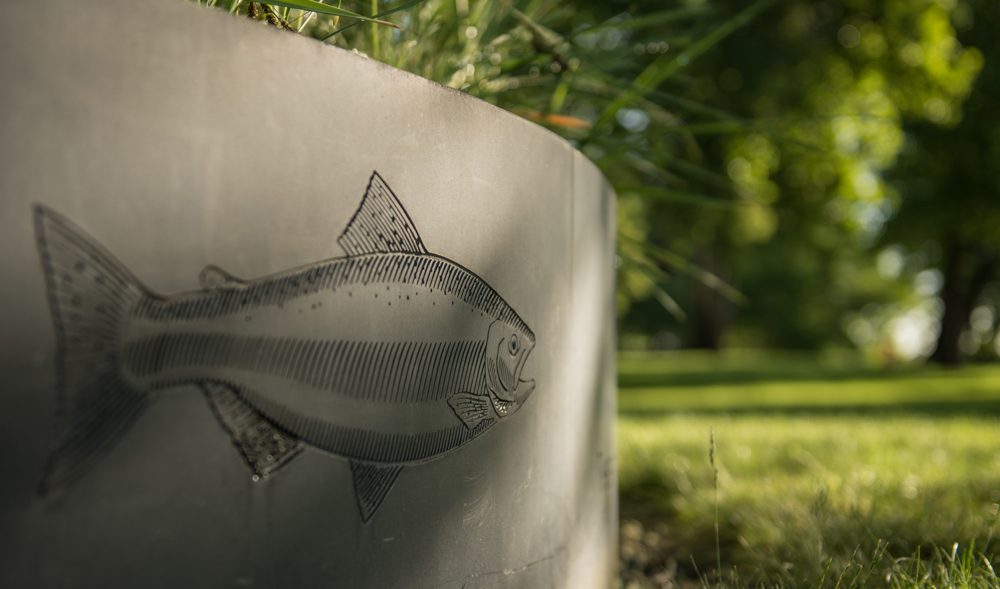Confluence Library
In this article, Keri E. Iyall Smith (Cowlitz) details how, by taking cues from Indigenous Peoples who see the natural world as relatives, equal to humans, entitled to protections and thoughtful (minimal) use, it is possible to shift away from attitudes that expanded in the colonial era, which see land as a thing to be conquered and with resources to be extracted.
This guide is designed to guide you though the Confluence Story Circles.
For Native people of the Columbia River system, knowledge about salmon has been passed down through the generations, since time immemorial. Fish are intertwined with River Peoples’ past, present, and future. This article highlights several important subjects and resources, along with how seven fish of the Nch’i Wāna (Columbia River) are intertwined with tribal identity.
Our new map brochure is years in the making to help travelers find culturally significant sites along the Columbia River system. It includes QR codes to connect your phone’s camera with our Digital Library, so that you can hear stories and insights directly from Tribal elders and leaders.
We are thrilled to share with you this new article in The New York Times featuring Confluence artworks and education programming. The piece promotes a new exhibit by our partners at Whitman College in Walla Walla, Washington that showcases the Confluence archives, including models of the river sites and documents related to the development of Confluence.
This guide is designed to guide you though the Sandy River Delta, focusing on what you see, hear, and feel while at the SRD, and to prompt thinking about changes in the landscape.
Confluence recently premiered the film “Salmon’s Agreement,” which was followed by a Q&A with the filmmaker Woodrow Hunt (of Tule Films) and with Roberta Conner (Tamastslikt Cultural Institute). Many attendees asked how they can help the salmon. Here are some resources to get started.
It was just in February when our panel of Indigenous historians and leaders led a thought-provoking discussion in Vancouver about conservation practices along the Columbia River. Yet the themes and lessons are timeless and remain relevant as we work toward a more inclusive understanding of the land we share. This Story Collection includes a two-part podcast from that Story Gathering, along with a selection of writings and interviews around the notion that our ecology is inextricably linked to our history and our future together.
There are seven Story Circles: Introduction, People, Salmon, Seasonal Rounds, Trade, and the Coyote Circle. The following material is to aid you in visiting the Story Circles if you desire, or to experience the Story Circles if you cannot visit.
This collection centers around salmon as a First Food and the sacred and cultural associations.

